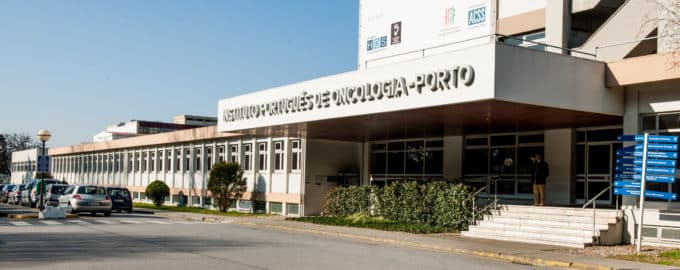The Portuguese Institute of Oncology (IPO) in Porto is today hosting an international event on precision oncology that aims to reduce inequalities in access and increase the survival and quality of life of cancer patients.
“A real revolution is taking place in the treatment of cancer, with the appearance of more and more new drugs aimed at new molecular targets or new characteristics that are being discovered in tumors (…). Precision medicine, especially in oncology, involves looking for the right treatment at the right time for the patient who needs it,” described the president of IPO do Porto.
Júlio Oliveira told Lusa that this international event brings together experts from 17 European countries “around a concept that may seem obvious, but which in practice is still not happening,” which is the goal of equity.
The PCM4EU Spring Academy starts today at 13:15 and runs until Saturday.
This initiative is part of IPO Porto’s participation in the European consortium PCM4EU – Personalized Cancer Medicine for all EU citizens, which in free Portuguese means personalized medicine for all EU citizens with cancer.
The intensive training programme for registered participants includes an initiative open to the public this afternoon entitled “Past, Present & Future of Personalize Cancer Medicine in Europe”.
Among the more than 60 international researchers are Hans Gelderbom (Netherlands), Bettina Ryll (Sweden), Jean-Yves Blay (France), Ebba Hult (Sweden), Kjetil Taskén (Norway), according to the summary sent to Lusa by IPO do Porto.
Portugal is represented by speakers from IPO Porto, namely Júlio Oliveira, a doctor and clinical pharmacologist who chairs the institution, as well as Rui Santos Ivo, president of INFARMED.
“The main objective of this meeting is to reduce the inequalities in access to precision medicine in oncology that currently exist between and within EU countries and, consequently, to increase the survival and quality of life of cancer patients,” the abstract reads.
At stake is a clinical practice, precision medicine, “which already exists and is already being used, an area which, in recent years, has allowed great advances in the fight against cancer (…) but which requires a lot of investment”, added Júlio Oliveira.
Arguing that “it is very important that this process is increasingly accessible to everyone”, and that “more investment is essential”, the president of the IPO do Porto stressed that “a joint effort is needed between different institutions to coordinate the collection of information and the development of studies”.
“The goal is for more patients to have access to technologies that are already available, but often not accessible to patients with a specific pathology that is not covered by the approval of the drug in question,” summarized the president of the institution that developed the first national precision medicine program in oncology in 2021.
This is a kind of identity card for the tumor, meaning that patients who have already exhausted conventional cancer treatments are offered sequencing of their tumor genes, looking for genes that are altered and for which treatments can be directed in the context of clinical trials or drugs that are already commercially available but suitable for other therapeutic applications.
“Choosing increasingly precise treatments is leading to an increase in survival expectancy and quality of life for patients. But this commitment comes at a substantial cost (…). Portugal has a significant deficit in the conditions for developing clinical research,” he lamented.

